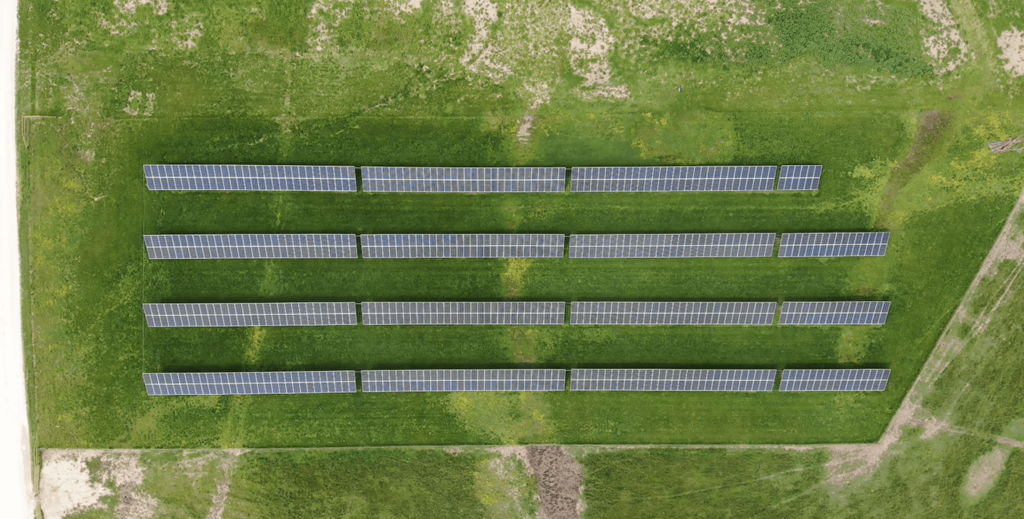The landscape of commercial manufacturing is undergoing a remarkable transformation, driven by the pursuit of sustainability. Commercial solar, a renewable energy solution, has emerged as a key driver in propelling businesses toward a greener future. In this article, we will explore how commercial solar is empowering sustainable manufacturing, revolutionizing operations, and redefining success in the industry.
Sustainable Manufacturing Exploration
Driving Cost Savings: Manufacturers often face high overhead costs due to substantial electricity consumption and the rising price of grid electricity poses financial challenges. Commercial solar offers a sustainable and cost-effective solution. By generating electricity on-site, manufacturers reduce their reliance on traditional utility sources, protecting themselves against fluctuating energy prices, increasing energy redundancy, and ensuring long-term cost savings.
Boosting cash flow & enhancing ROI: Embracing commercial solar enhances cash flow by reducing energy costs and freeing up funds through electricity generation that offsets bills. The money saved can be redirected toward equipment, hiring, or financial stability. Beyond cost savings, commercial solar offers a significant return on investment (ROI) supported by incentives like the Investment Tax Credit (ITC) and MACRS depreciation, making sustainable practices financially compelling and driving long-term profitability.
Financial Incentives for Commercial Solar Adoption
Investment Tax Credit (ITC): The ITC is a federal tax incentive that allows businesses to deduct a percentage of the total solar installation cost from their federal tax liability. This substantial financial benefit reduces the initial investment required for commercial solar projects, making them even more attractive to manufacturers. This can be anywhere from 30% to 50% of the total project cost. Additional credit bonuses can be applied if qualified for the following:
Modified Accelerated Cost Recovery System (MACRS) Depreciation: The MACRS depreciation schedule allows businesses to recover the cost of qualifying assets, such as solar installations, over a specific period. For commercial solar projects, the MACRS allows for a five-year depreciation schedule, accelerating the return on investment for manufacturers. This is typically 20% to 25% of the total project cost.
Other Financial Incentives: In addition to the ITC and MACRS, there are some state and local incentives or grants available to support commercial solar adoption. These incentives include the Advanced Energy Manufacturing Grant, the Rural Energy for America Program (50% of total project cost), and if applicable local utility rebate
Advancing Corporate Social Responsibility (CSR)
Attracting Environmentally Conscious Customers: Embracing commercial solar is not just about reducing costs and enhancing sustainability; it’s also a powerful tool for improving brand perception. In today’s conscious consumer landscape, customers are increasingly drawn to businesses that prioritize environmental responsibility. By adopting solar energy, manufacturers can attract environmentally conscious customers, fostering customer loyalty and enhancing their brand reputation.
Strengthening Corporate Image: ESG considerations are becoming crucial factors in investors’ decisions. By integrating commercial solar and demonstrating their commitment to sustainability, manufacturers bolster their corporate image, attracting socially responsible investors and partners.
Conclusion:
Commercial solar is revolutionizing the manufacturing industry by combining financial benefits with sustainable practices. Manufacturers embracing this transformational technology are not only reducing their environmental impact and operating costs but also positioning themselves as leaders in sustainable manufacturing. By leveraging financial incentives and showcasing a commitment to corporate social responsibility, these manufacturers are paving the way for a greener and more prosperous future.
